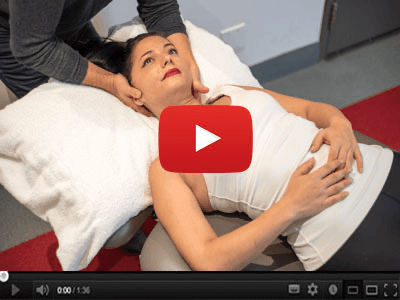How to Overcome Tinnitus
Tinnitus is a complex condition characterized by ringing or buzzing in the ears when no external sound is present. Treating this requires a comprehensive examination beyond auditory symptoms to truly make progress.
Sleep plays a crucial role in how patients either advance or withdraw from their treatment of tinnitus. Addressing sleep health is pivotal; poor sleep can exacerbate the symptoms, making management and recovery more challenging.
Movement and physical activity, particularly outdoor exercise, are critical components in managing tinnitus effectively. Incorporating regular exercise fosters a sense of wellbeing and helps counter negative emotional responses associated with the condition.
“The emotional centers of the brain get roped in, causing a difficult cycle to break.”
Technology is often seen as a potential quick fix for tinnitus. However, it should be considered the last piece of the puzzle rather than a standalone solution. Emphasizing a comprehensive, data-driven approach to understanding the person holistically is more effective in treatment.
By adopting a holistic viewpoint, focusing on sleep, exercise, and psychological health, medical practitioners can offer more effective tinnitus care. Technology may support this process, but it is crucial not to rely solely on it, ensuring all facets of the patient's health are addressed for optimal recovery.
From Around The Web
Wellness Inbox is a blog & weekly newsletter that curates trending news and products related to health and wellness from around the web. We also gather content from various sources, including leading health professionals, and deliver it directly to you.
Please note that we may receive compensation if you purchase any products featured in our newsletter. Wellness Inbox is not affiliated with, nor does it endorse, any health professionals whose content may appear in our newsletter. The information provided is for general informational purposes only and should not be considered medical advice.
The information provided is not intended to replace professional medical advice, diagnosis, or treatment. All content, including text, graphics, images, and information available is for general informational purposes only. We do not guarantee the accuracy or completeness of any information presented and assume no liability for any errors or omissions. The content is subject to change without notice. We encourage you to verify any information with other reliable sources and consult your physician regarding any medical conditions or treatments.







